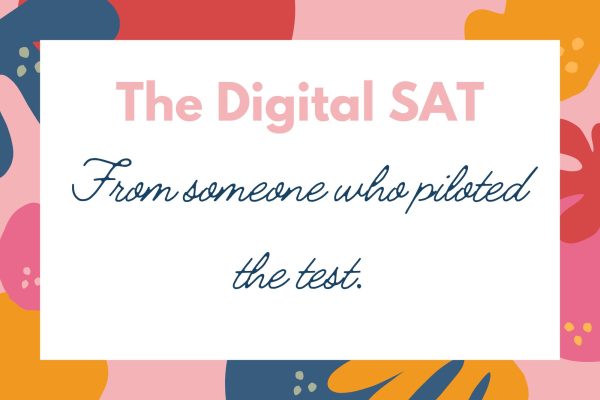Expanding Beyond A Search Engine
Google has made major advancements in entering new markets, including that outside of the internet.
Google has made advancements in making apps for computers and phones, along with creating their own computers and phones. “I think the internet connected devices like a Chromebook are pretty good,” Johnson said. “It’s much faster than the normal computer and it’s exclusively for their services.”
Google is everywhere. It is accessible on electronic devices and the company also has their own line of phones and computers. The company bought several other companies by 2015; they created a company by the name of Alphabet Inc. to organize all of the different companies Google owns. Since that time, Google has bought many small tech companies to push products that would otherwise not receive proper funding. At the same time, Google has tried to create its own projects in pre-existing industries, all of which ending in different statuses.
Google Stadia is one of Google’s most recent ventures. The company attempted to create a streaming service for solely video games, similar to services like XBOX, Game Pass and Playstation Now. The key difference is that Google Stadia does not require a gaming console to run. In the early weeks of the service lifespan, users have reported issues regarding delayed inputs for gameplay and increased prices for games going for cheaper prices on other platforms. For junior Blake Johnson, he believes that Google ventures like Stadia are not needed when other companies already have control of the market.
“I don’t mind [Google] expanding beyond the search engine, but I feel like they’re better suited by just remaining an internet company,” Johnson said. “In terms of Stadia, I feel like that’s a bit of a step too far because they’re trying to take over the whole gaming industry with that.”
Waymo is a long-term venture created by Google to expand into self-driving cars. In 2016, Google created Waymo as a company to work on and handle the development of its self-driving cars, worked on for over seven years up to that point. Now over a decade after the project has started, Waymo is starting to compete against other companies like Tesla and Uber to spread their self-driving cars to the widest audience. In an event with Fortune magazine, Waymo CEO John Krafcik advocated for the advances made in their technology, including driving 10 million miles in the cars over the past year.
“We’re now beyond 20 million miles of fully self-driving, like, really self-driving,” Krafcik said. “You need to have a lot of real-world experience. There’s no way to avoid that.”
AdSense is a venture Google introduced and has used to dictate advertising on all of their platforms. Using digital cookies, Google can advertise directly to consumers based on the products they viewed on other websites. Compared to companies like WebFX, Google allows direct payment to content creators after advertising on Google services like YouTube. In an article with NBC News, the director of engineering for trust and saving at Google, Justin Schuh, advocated for the benefits of targeting advertising and use of cookies by AdSense.
“We are looking to build a more trustworthy and sustainable web together, and to do that we need your continued engagement,” Schuh said.
Google may continue to create new ventures, but they will continue to return to old projects to either improve or perfect other projects. Google Glass was considered a dead project after the initial version of the product failed to work as intended. While public audiences turned the focus to virtual and augmented reality products, Google continued to work on new versions of the Google Glass product. Meant for an industrial working audience, the new Glass Enterprise Edition aims to provide information and tools needed to complete work to workers in a pair of glasses. Johnson believes that Google could have kept the glasses in the eyes of the public if they continued the development on the scale of their Enterprise line.
“I think Google Glass was a good experiment, but it never really reached its full potential, especially in terms of affordability and ease of access,” Johnson said. “But I think the idea behind it was really good and they had really good motives for it.”
Google will continue creating new ventures in the future and continue entering new markets. Whether they enter entirely new markets outside of the internet is still undetermined.











